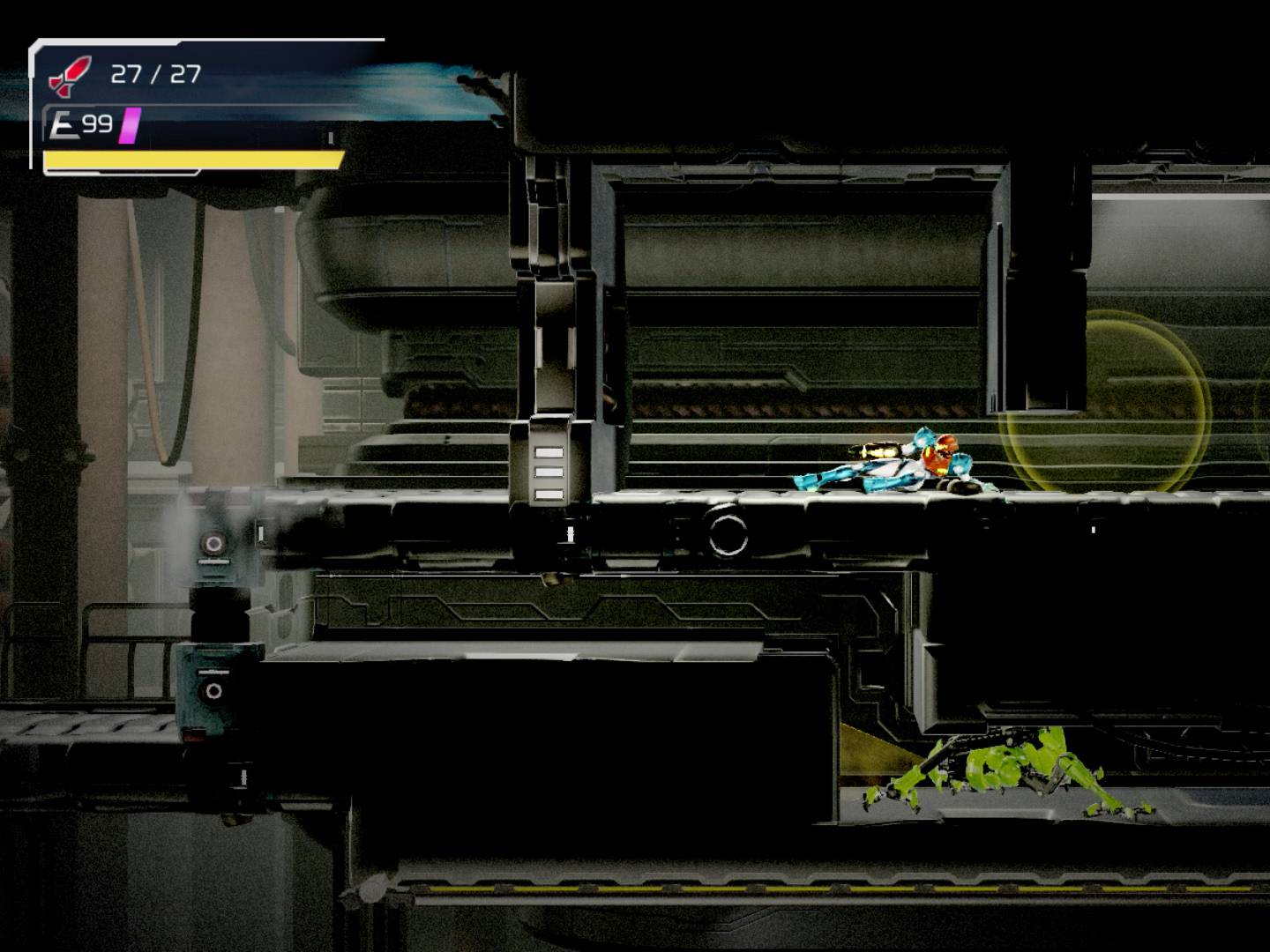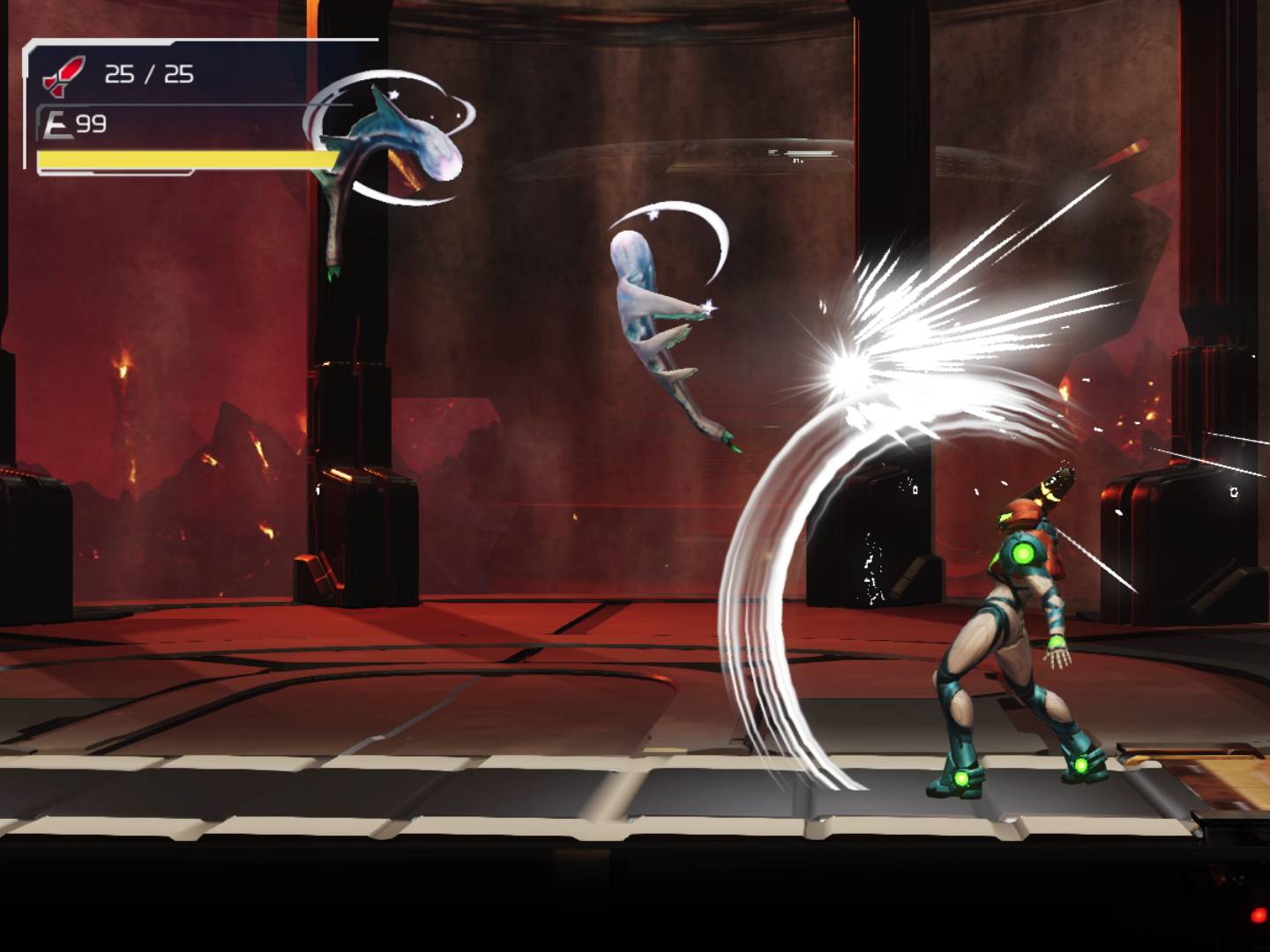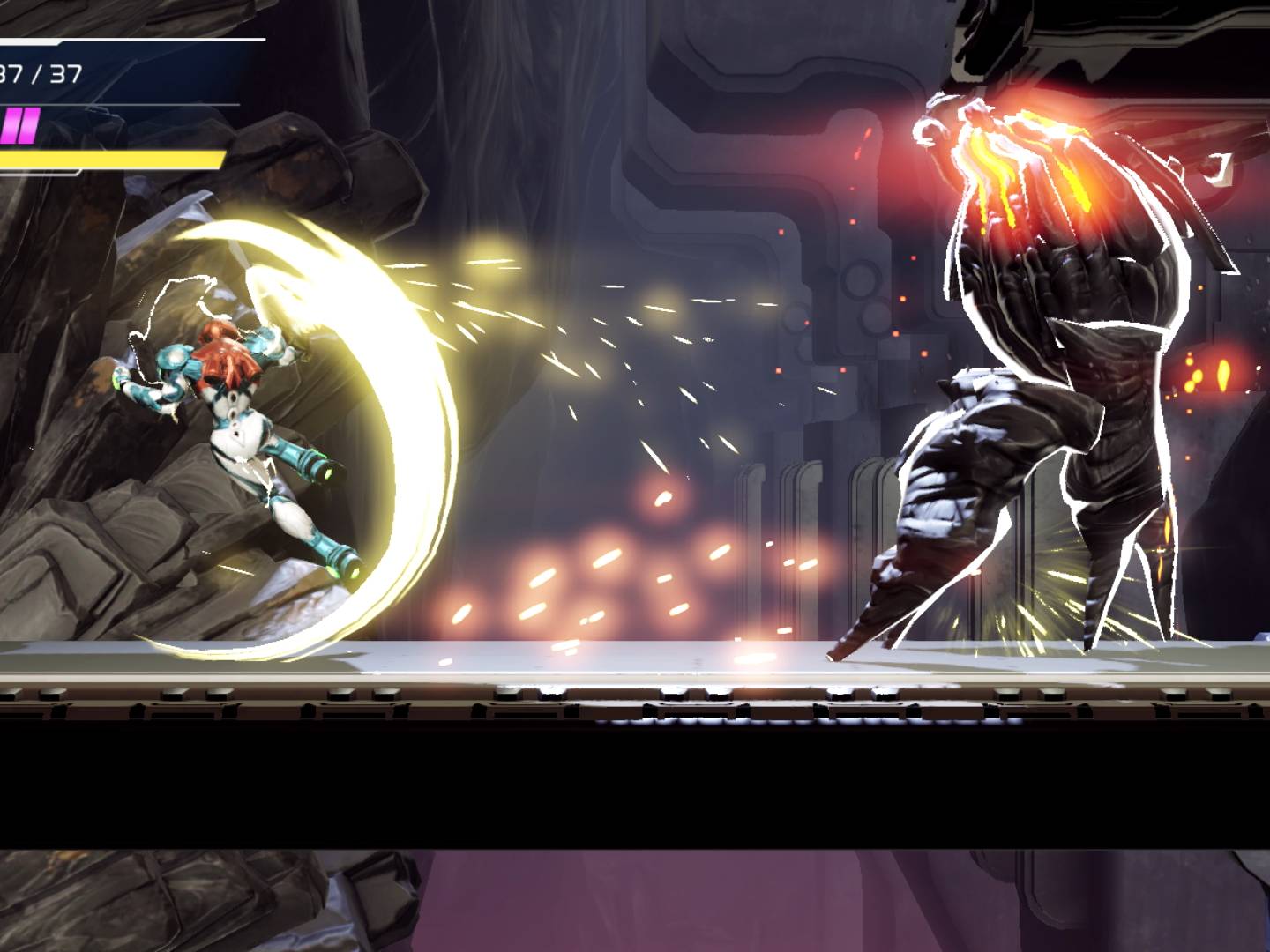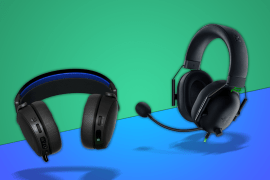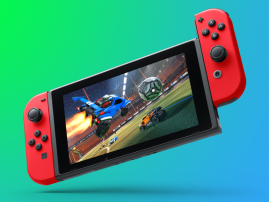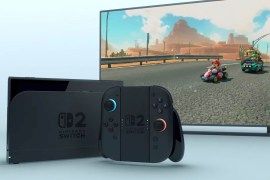Metroid Dread review
EMMI, myself and I

Both Donkey Kong and The Legend of Zelda might be celebrating not insignificant anniversaries this year, but it’s the Metroid series that Nintendo is showing some unexpected love to in the second half of 2021.
Link and Mario are the Japanese giant’s favourite sons for sure, but look at any best games of all time lists online and you can bet your house that you’ll see at least a couple of Metroid games right near the top. Expertly combining puzzling, platforming, action and nonlinear exploration in a sci-fi universe dripping with atmosphere, the adventures of bounty hunter Samus Aran are up there with anything the medium has to offer.
While we continue to wait for a proper look at Metroid Prime 4, Nintendo shocked gamers tuned in to its 2021 E3 Direct presentation by announcing the first brand new 2D Metroid game in nearly 20 years. Originally intended as a Nintendo DS game but eventually cancelled, presumably due to the handheld’s technical limitations, Metroid Dread is a game that most fans understandably gave up on years ago.
And if a new Metroid wasn’t enough, Nintendo also decided to make Dread the launch title for its Switch OLED model, with both hitting shelves on the same day.
There’s no doubt that Metroid Dread and the new hardware are made for one another, but boot this one up on any Nintendo Switch and you’re in for quite a treat.
Samus it ever was
First, a bit of a history lesson. Metroid Dread is a big deal not only because it resurrects a series which has lay dormant for far too long, but because it concludes the Metroid story arc that began back in the ‘80s with the first game on the NES.
If you were looking to catch up on the other four mainline games (several of which have since been remade) in the 2D series before jumping into Dread – once dubbed Metroid 5 for obvious reasons – then good luck. The original Metroid is in the Nintendo Switch Online library, but you’re far better off playing its 2004 Game Boy Advance remake, which is far harder to track down. You’ll need a 3DS if you want to play a modern version of its sequel, while 2002’s Metroid Fusion, which is the entry before Dread so presumably the most important in terms of plot, is currently stranded on the Wii U’s Virtual Console for those who don’t still have a GBA (or an emulator that we Do Not Condone) hanging around.
That just leaves Super Metroid, the legendary SNES game which luckily is on Nintendo Switch Online and is still widely regarded as the best in the series.
Don’t fancy doing any homework? No biggie. Story tends to be secondary to gameplay in this series anyway, and taking on Dread as Metroid dabblers, rather than afficianados, we didn’t feel like not having encyclopedic knowledge some 30 years in the making was getting in the way of our experience.
All you really need to know is that you play as once again as Samus Aran, a bounty hunter who was under the impression that she had successfully eradicated the shape-shifting and extremely hostile X parasite. But after receiving an unsourced video transmission from the Planet ZDR that suggests otherwise, Samus heads there to investigate, and after losing a scrap with the Chozo warrior waiting to greet her, very quickly finds herself deep beneath this alien planet’s surface, stripped of most of her abilities, far from the safety of her ship and in a fair bit of trouble.
This is pretty typical Metroid fare and the story is really just there to service the meat of the game, which is hunting down your suit upgrades so you can uncover more of ZDR’s labyrinthine map.
Ready for adventure
To say the Metroid games are renowned for their gameplay is understating it a bit. The series is at least 50% responsible for launching an entire subgenre, known as Metroidvania – the “vania” part referring to Castlevania – which is basically shorthand for a game whose interconnected world gradually unlocks to the player as they gain items and abilities that grant them access to previously inaccessible areas. Backtracking is all part of the fun, rather than the chore it is in some games, and there’s usually a load of baddies to fight along the way, too.
So like the side-scrolling 2D Metroids before it, Metroid Dread has you exploring a mazelike alien planet which gradually opens up as Samus regains the suit augmentations she’s lost. As Metroid game worlds go, ZDR is right up there with Zebes and Tallon IV. Your quest to reach the surface will take you to damp and dark caves, colourful rainforests, fiery furnaces and aquariums in which the on-site wildlife isn’t too happy to see you. It’s a marvel of design, too, its branching areas connected by elevators, hidden entrances and a tunnel system.
Unlike many modern Nintendo titles, Metroid Dread isn’t going to hold your hand. We were surprised at how few tutorials there were in the first hour, with the game refreshingly trusting us to work a lot out for ourselves. Dread feels like a stylish marriage of old and new, its tried-and-tested gameplay loop made to feel modern thanks to incredibly slick animations and various quality-of-life tweaks.
You can free aim anywhere on screen by holding the Switch’s L button, and the game is pretty generous with its replenishing of your health and missiles. The map (which you will use a lot) is also handy, letting you highlight specific doors you know you’re able to enter and flashing over areas that the game wants you to know are still worth exploring. Note that you’ll still need to access save points to save your progress, though.
As you make your way through the game, receiving occasional bits of advice from Samus’ humourless computerised boss, Adam, you’ll hunt down a range of classic Metroid power upgrades – usually conveniently nestled in the outstretched palm of a Chozo statue – such as the Charged Beam, a grappling hook, the iconic Morph Ball and coolest of all, the Phantom Cloak, which temporarily turns Samus invisible, allowing her to sneak past enemies unnoticed. And that, as we’re about to explain, is quite a useful tactic in Metroid Dread.
You looking at EMMI?
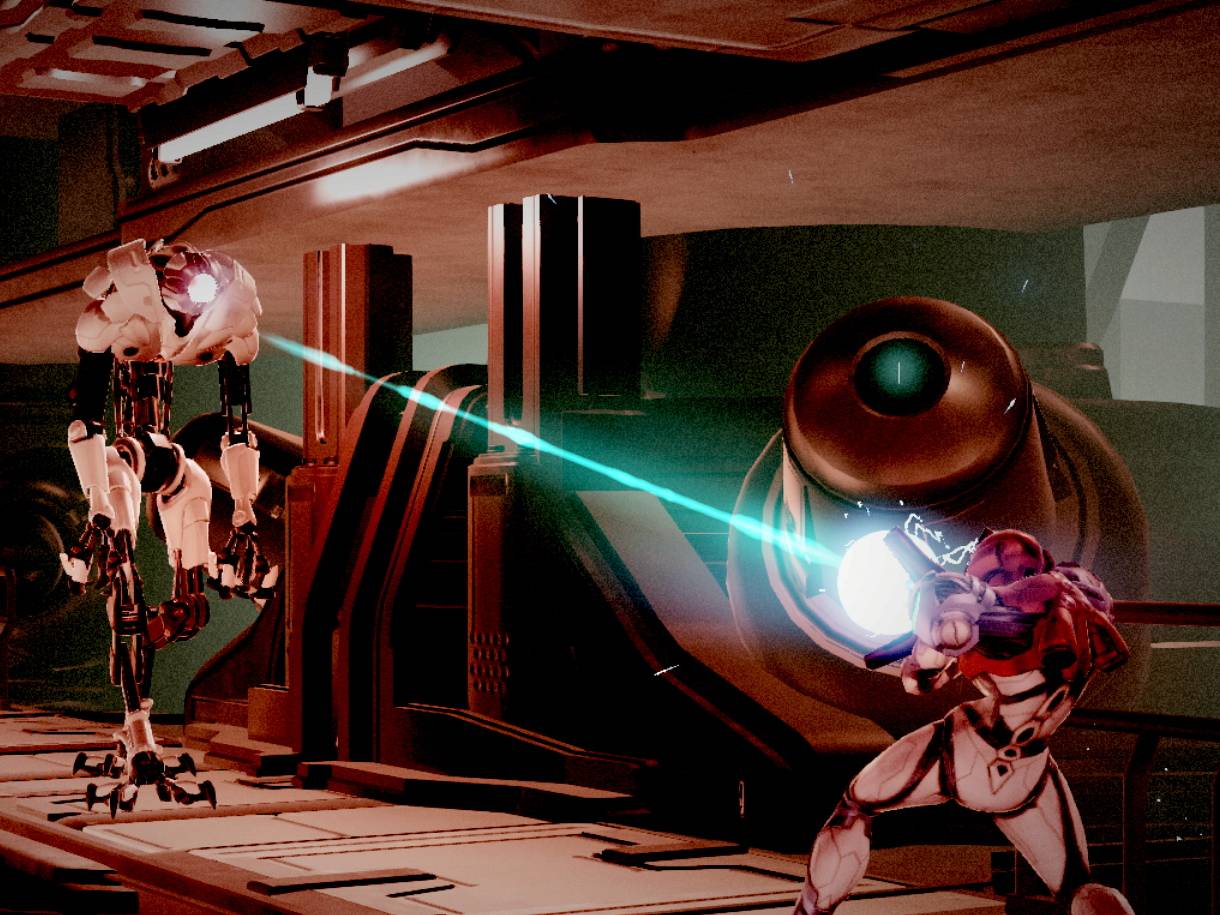
We’ve got this far into the review without mentioning the EMMI robots, which is where Metroid Dread really earns its name. Metroid games have always been about feeling alone and isolated as you slowly uncover unfriendly alien-inhabited planets, but Dread introduces another level of tension.
A seven-strong unit of EMMI (Extraplanetary Multiform Mobile Identifier) robots was first sent to ZDR to find the source of the mysterious transmission, but when Samus arrives it quickly becomes clear that they’ve turned very nasty indeed, and will attempt to kill her on sight.
As you explore the planet you’ll enter clearly defined EMMI zones, in which a terrifyingly agile robot will stalk you and engage as soon as you’re spotted. When you first encounter an EMMI, it’ll be near invincible, with your bullets and missiles bouncing off it as if it was they were peanuts. At this point the best strategy is nearly always to leg it to safety, which sets up some thrilling chases that force you to choose from multiple routes in a split second. If caught you will have a brief (and we really do mean brief) window to escape, but a game over screen is all but inevitable. Sneaking is encouraged.
It’s not totally hopeless, though. After your first EMMI encounter you’ll discover an enhancement to Samus’ arm cannon that temporarily lets her penetrate the robot’s defences and destroy it. All of a sudden the power dynamic switches and you can line up a shot as the robot prowls towards you.
There are multiple EMMI roaming ZDR and their ever-looming presence is a great addition to the game, especially once you’re able to face them up and take them down. It’s not quite Alien Isolation levels of jump scare horror, as the game makes very clear where the EMMI are and where they’re not at all times, but this is definitely scarier than your last adventure in Hyrule or the Mushroom Kingdom.
Dreading what’s next
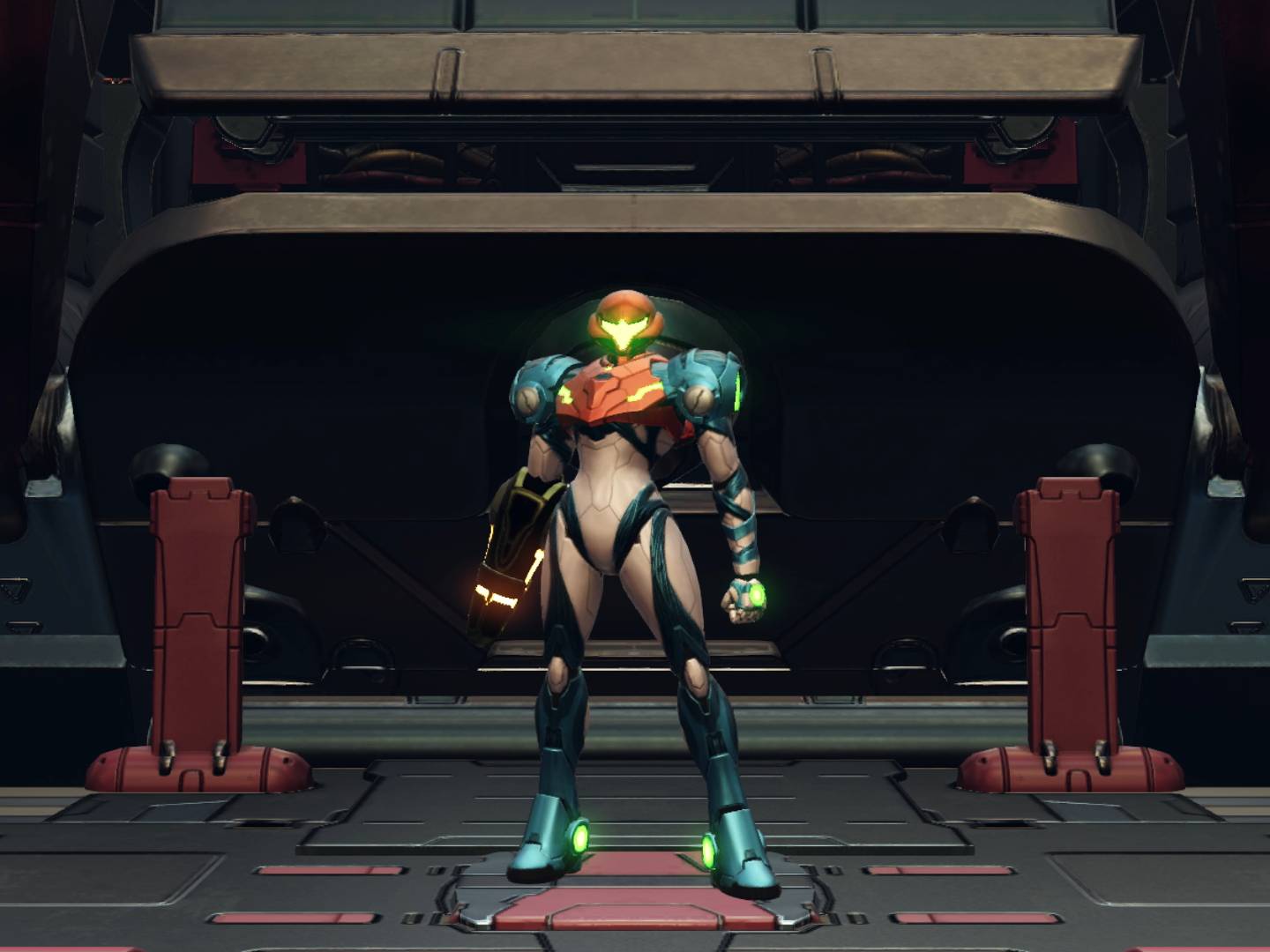
Metroid Dread is not an easy game. Combat feels great thanks to the melee counter ability the various Arm Cannon upgrades you eventually unlock, but there isn’t half a lot of it, and some robotic enemies are fiendishly difficult to take down. There were times that we wished ZDR’s resident aliens would just let us be lonely Samus fr a bit.
The boss battles are multi-stage epics, and have you fighting, to name a few, mutant scorpions and a screen-filling dragon in chains. All of them can be overcome once you’ve nailed the rhythm of their attack patterns, but these fights are a brutal test of your skills, and there’s no easier difficult setting to bump the game down to if you’re struggling. It’s rare for a modern Nintendo title to be this tough, so be warned.
And the inherent backtracking and retreading of old ground means that if you’re not paying attention later in the game it can be quite easy to get lost. There are no waypoints or on-screen hints telling you where to head to next, but we think the game would lose something if there were.
Often your next move is linked to your most recently-gained ability, and you’ll start to pick up little environmental cues as you learn ZDR’s structure. And if you do find yourself having to travel right across the map to find the correct route to progress, it helps that moving as Samus feels fantastic, whether you’re sliding under gaps, rolling up into a ball to fit through tight spaces or acrobatically springing between walls.
Most of the time the game maintains a rock solid 60fps framerate too, and while it may be a 2D game, the backgrounds are 3D, as are the cinematic cutscenes, so it really does feel like a AAA Nintendo game despite its old-school trappings.
Metroid Dread Verdict
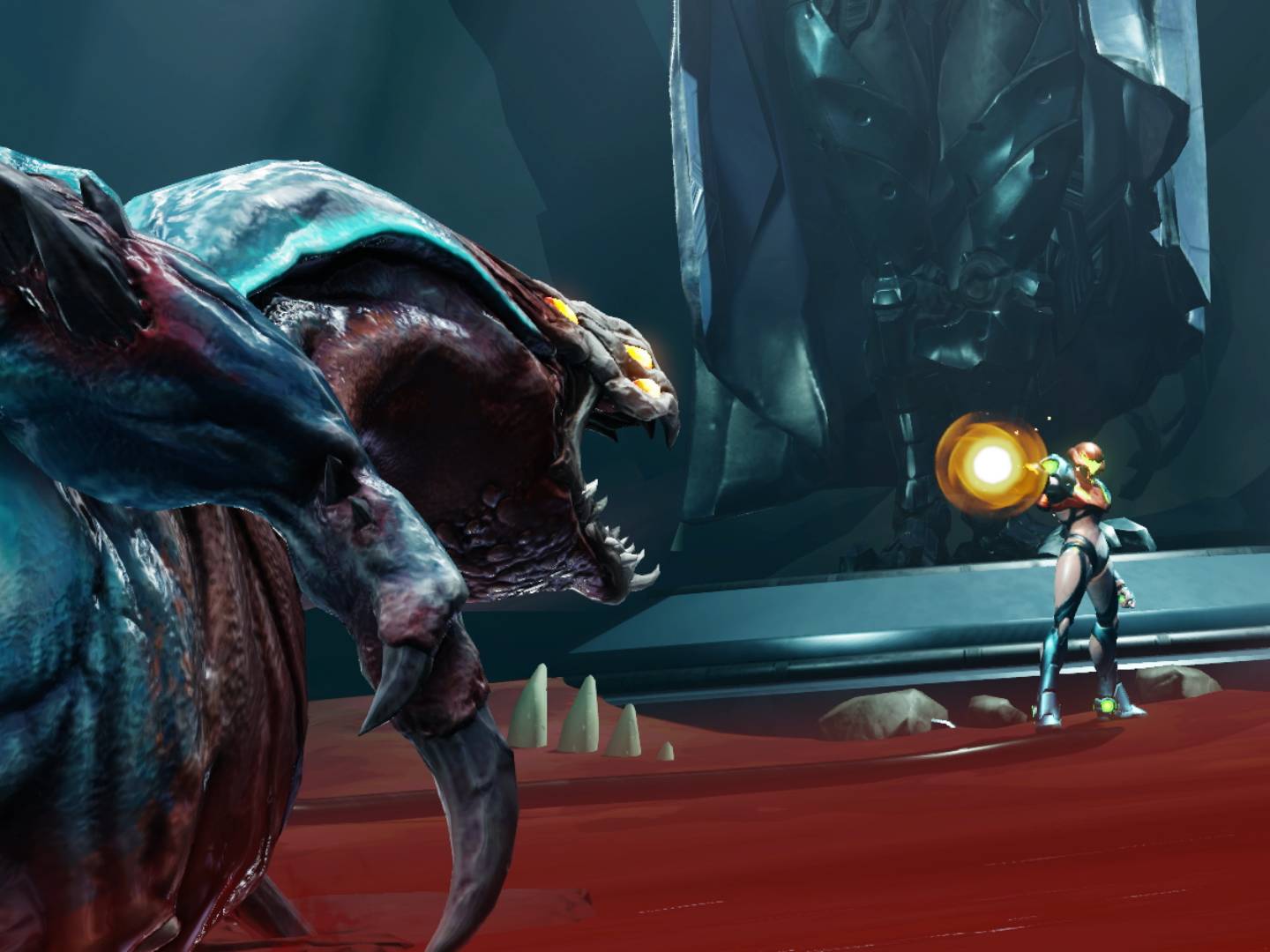
Metroid Dread is a long time coming, and ties a bow on a story arc that spans three and a half decades, so it really needed to be good.
Well, we’re happy to report that the fifth instalment can at the very least be talked about in the same breath as the series’ greats. Sure the bosses will give you a kicking and the lack of direction can at times leave you a bit stumped, but we wouldn’t have wanted Metroid to soften up for the Switch generation. Losing yourself in this dangerous world is the the whole point.
We would have appreciated slightly fewer enemies to fight in favour of more alone time, but Metroid Dread‘s enthusiasm for combat as well as exploration keeps your quest for survival varied and thrilling throughout. And don’t fooled into thinking a 2D game means low-budget. This is the perfect showpiece game for those lucky enough to nab a Switch OLED at launch.
Metroid Dread will inevitably be compared to brilliant modern Metroidvanias such as Hollow Knight and the Ori series, but they don’t have the legacy of Samus, and we’re really hoping that the conclusion of this particular storyline also marks the beginning of an exciting new era for one of Nintendo’s greatest ever series’.
Stuff Says…
Metroid fans have waited a very long time for this game, as we’re glad to say it was worth it
Good Stuff
A world dripping with atmosphere
Samus has never felt this good to control
The EMMI encounters can be thrilling
Solid 60fps performance in handheld mode
Bad Stuff
A lot of combat – maybe a bit too much
If you want a game to tell you where to go next you might get frustrated
